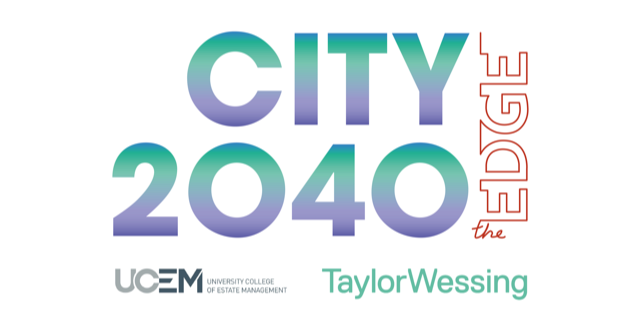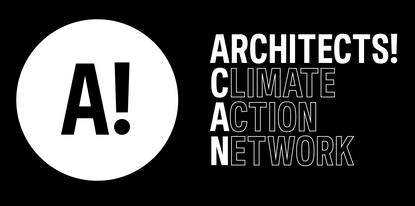Edge Debate #111: The Impact of Clean Air
the Edge is hosting a series of thought-leadership discussions on the future city of 2030-2040 in partnership with Taylor Wessing and UCEM
4. The Impact of Clean Air
It has changed our cities in the past – can it do so again?
The final event in our series asks: Is Clean Air the goal, or are we missing the broader benefits it triggers for society?
Historically, cleaning the air in our cities has triggered radical change in the quality, patterns and capacity of urban life. Will current efforts to achieve clean air in cities today unlock a similar potential for a whole-systems change?
Where are we now?
We have polices intended to respond to the issues of:
· Improving air quality
· Transport modal switch and electrification
· Trees and greenspace
· Biodiversity
· Sustainable urban drainage (SUDs)
· Social and environmental equity
· Energy use, particularly in larger buildings
In themselves these policies often struggle to deliver and many fall short. So what could we achieve if these policy silos could be brought together to deliver something greater than the sum of the parts, such that each contribution becomes an essential part of delivering the whole?
How do we achieve change for the 2040 city?
Radical change requires a whole-systems change. Current silo-based policies need to be developed as part of the whole. Does the scale of each policy area contribution need to be quantified and locked in to allow other policy topics to also deliver their contributions? Does demonstrating the wider benefits of the greater whole help incentivise the contributions and delivery of the individual parts?
This session will explore and discuss issues surrounding ‘clean air’ to seek ways of joining up our thinking and working to deliver the outcomes we need.
Chair: Erin Walsh, Director of Built Environment, Connected Places Catapult
Speakers: Nick Grayson, Green City Manager, Birmingham City Council
Dr. Emma Ferranti, Environmental Change Research Fellow, University of Birmingham
Sophie Sheil, Deputy Coordinator, GrowGreen, Manchester City Council
Helen Grimshaw, Senior Consultant – Sustainability, Urbed
David Sim, Partner and Creative Director, Gehl
Online: Zoom
Timing: Tuesday 8th December 2020, 16.00 – 17.30
Downloads:
Presentations:












